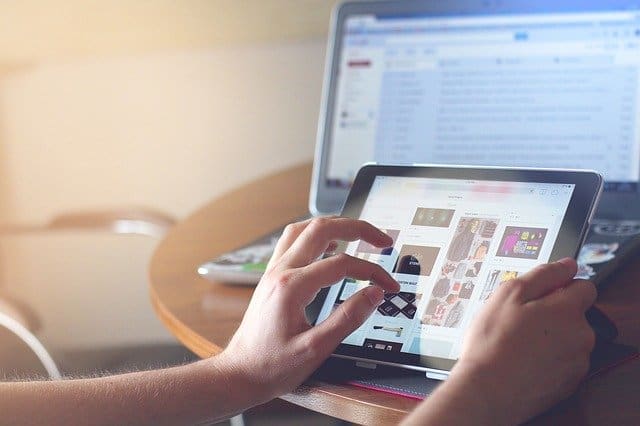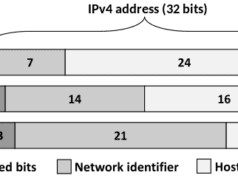A few decades back, there was a time when buying a computer used to be easy – when the only choice was between portability (laptops) and high performance (desktops). These days, the choice is not so simple anymore. But if your priority is portability and efficiency, the two obvious choices are laptops and tablets.
While the differences in performance and efficiency between these two devices have decreased over time, some significant distinctions still require serious consideration before purchase. If you’re planning to buy a portable device for work or study but are unsure which one to go to, here is some information to help you.
What Is the Main Purpose of the Device?
You need to determine if you’ll be using the device for work or personal use. If you intend to use it for work, you want your device to be as powerful as possible, which makes the laptop the more obvious choice. Tasks such as coding, graphics design, web design, and more are better suited for laptops.
On the other hand, tablets are much better suited for personal use and light tasks that don’t require a lot of computing power. Tablets benefit from being lighter and easier to carry around compared to laptops. They’re a comparatively better option than smartphones due to bigger screens and longer battery life.
Tablet Pros and Cons

Despite being the weaker sibling to laptops, tablets have their strengths and weaknesses, which might appeal to many users. Here are the key pros and cons of tablets.
Pros
- Has Touchscreen Capability for Ease of Use
The key feature that sets apart laptops and tablets is touchscreen. Touchscreens make it easier to navigate devices compared to the usual mouse-and-keyboard setup.
- Quick Start
Since tablets are lighter devices with bootup and cache speed similar to smartphones, they turn on within seconds of powering up.
- GooglePlay and AppStore
Depending on the manufacturer and OS (Apple or Android), tablets come with default access to Google Play or Apple’s Appstore. These storefronts host thousands of free apps that desktop and laptop users don’t have access to.
- Better Cameras
Tablets are a hybrid between smartphones and laptops, which is why a standard tablet will have better camera lenses and resolutions compared to standard laptops.
Cons
- Limited Processing Power
With the smaller size of tablets comes less processing power to run apps simultaneously. This can prevent you from doing more complex and power-intensive tasks on tablets.
- Difficult to Repair or Upgrade
Tablets can be a lot more difficult to repair and almost impossible to upgrade than laptops. Considering how finicky tablets can be repaired, this is quite the disadvantage.
Laptop Pros and Cons


Here are some of the common pros and cons of laptops that you should consider if torn between
Pros
- Ergonomic Keyboard
Laptops have built-in ergonomic keyboards, making it much easier and less stressful to type and use shortcuts. This gives it an obvious edge over tablets.
- More Powerful
Thanks to bigger and better hardware, laptops are more powerful and efficient, making them the ideal choice for more processor-intensive tasks.
- Larger Screens
The larger screen of laptops makes it much easier to read and view things on screen than on tablets. While this doesn’t apply to movies, documents and games can benefit from the larger font size of texts.
- More Connectivity Options
Laptops have more connectivity options than tablets and are often backward compatible with older models of the internet like 3G and 4G.
- Larger Storage
Laptops have comparatively higher storage space compared to tablets. This allows you to store more in their primary hard drives without additional storage device investments.
- Easier to Upgrade and Customize
Compared to tablets, laptops are easier to upgrade and customize, especially gaming laptops. Granted, desktops are the most flexible when it comes to this aspect. Tablets are definitely the most restricted.
- Easier to Maintain and Repair
Laptops are easier to repair and maintain compared to laptops. The average MacBook repair price is quite easily affordable and can prop up your device for a few more years of use.
Cons
- Can be Bulky and Heavy
Compared to tablets, laptops are heavier and bulkier. This makes it difficult to carry them around compared to tablets.
- Battery Isn’t Always Great
Laptops have gained notoriety for poor battery life. Unfortunately, this issue hasn’t been addressed properly to this day.
Making the Right Choice
At the end of the day, deciding which device you want to buy will be greatly influenced by your needs and circumstances. Provided you already have a desktop, a tablet might be the smarter choice. But if you don’t have one, laptops are the better option.
Featured Image by fancycrave1 from Pixabay




